In this report, ISMAEEL UTHMAN explores shifting alliances, defections, and regional strategies redefining Nigeria’s political landscape ahead of the 2027 presidential election.
The contest for 2027 took a dramatic turn after the Peoples Democratic Party zoned its presidential ticket to the South. The region comprises the South-West (six states), South-South (six states), and South-East (five states). Meanwhile, President Bola Tinubu from the South-West has already been endorsed for a second term by the ruling All Progressives Congress.
On the other hand, the African Democratic Congress and the Labour Party have yet to announce zoning. Sadiq Yar’adua, ADC’s National Secretary for Membership Mobilisation and Registration, stated it was premature to decide, adding that the party would not be bound by regional considerations. “Whoever wins the people’s hearts will become the presidential candidate,” he said.
Atiku, Obi eye ADC presidential ticket
Former Anambra governor Peter Obi, LP’s 2023 flagbearer, has signaled interest in running again with a pledge to serve just one term. Despite insisting on his LP membership, he is central to the ADC-led opposition coalition. His 2023 rival, ex-Vice President Atiku Abubakar, also declared his 2027 ambition on August 25, shortly after quitting the PDP on July 16. While Obi could still contest under LP or even PDP, Atiku’s immediate option remains the ADC, though he has yet to register officially.
Analysts note that PDP’s zoning decision has triggered backlash from the North, where many see it as unfair. Observers believe northern political actors are eager to reclaim the presidency just two years after power shifted South. Currently, only Atiku and ex-Kano governor Rabiu Kwankwaso of NNPP stand out as strong northern challengers to Tinubu.
Ethnic, regional voting lines
Based on 2023 results, Atiku still commands massive northern support. He secured nine northern states with 5,229,473 votes, plus Osun, Akwa Ibom, and Bayelsa in the South with 637,196 votes. Kwankwaso only won Kano with 997,279 votes.
Tinubu, despite his southern origin, captured seven northern states with 5,346,686 votes. Yet, analysts warn APC could face difficulty mobilising the North without Buhari, especially amid rising discontent against Tinubu’s rule.
With Atiku and Kwankwaso rallying the North, and Tinubu, Obi, and PDP’s southern candidate splitting the South, experts predict ethnic and regional divides will heavily influence 2027. Some PDP governors in the South already back Tinubu’s re-election, while northern elites mobilise against him.
While some argue Atiku or another northern candidate could secure bloc votes, others note Tinubu’s southern grip is tightening through defections and ethnic solidarity. But the southern vote remains fragmented across PDP, APC, and potentially Obi, unless he defects. Ultimately, whichever northern figure consolidates the region may gain the advantage.
Running mate factor and power balance
Analysts stress that vice-presidential choices could tilt the balance. Running mates in Nigeria often bridge religion, ethnicity, and region. In 2023, Kashim Shettima helped Tinubu secure northern backing despite Muslim–Muslim ticket criticism. A poor VP choice could alienate key blocs in a tightly contested, ethnically driven election.
For Atiku, a strong southern Christian running mate would counter dominance concerns. Obi, if contesting, may require a northern partner to break through where he lagged in 2023. PDP, meanwhile, would need a heavyweight northerner to offset Tinubu’s incumbency edge.
Alliance as the only strategy for victory
Arewa Youth Consultative Council president Zaid Ayuba warned that alliances, not zoning, decide elections. He argued the North controls bloc votes, predicting Tinubu could win if PDP, ADC, and LP fail to unite.
He cited history: Obasanjo’s 1999 win backed by northern votes, Yar’adua’s 2007 victory with southern support, Jonathan’s 2011 triumph due to incumbency, and Buhari’s 2015 success from opposition unity. He predicted 2027 could mirror 2023, with ADC splintering votes while PDP weakens, giving APC the edge.
Ayuba added that widespread vote-buying and elite-driven decisions seen in recent by-elections could again favour APC unless the opposition merges.
Tinubu’s southern bloc votes
An APC insider revealed the party is already working to counter northern hostility, banking on Tinubu’s strong southern bloc and APC northern governors to secure a balanced win. “We know the risks, but the South deserves eight years. The APC governors are ensuring we deliver strong numbers in both regions,” the source said.
Southern candidates stand chance in the North
Adeboye Adebayo, AGF’s media director, argued that southern aspirants are not disadvantaged in the North. He stressed that coalitions, records, and inclusion shape northern votes, not geography alone.
He said, “The North is pragmatic; leaders are judged on security, development, and inclusion. Without a strong national appeal, even a northern aspirant cannot automatically defeat an incumbent like Tinubu, who enjoys incumbency, APC structure, and northern partnerships.”
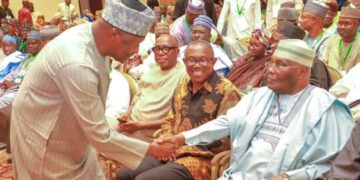







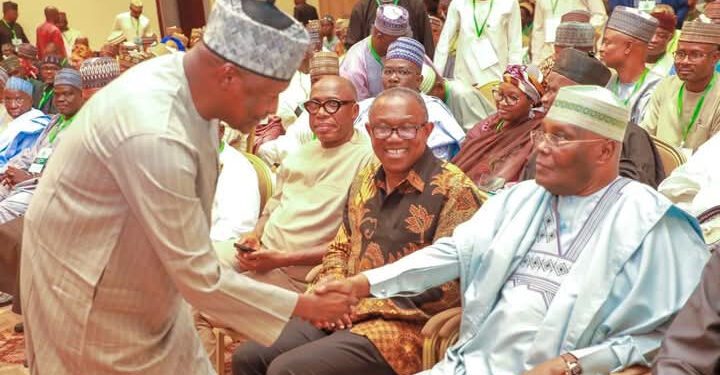
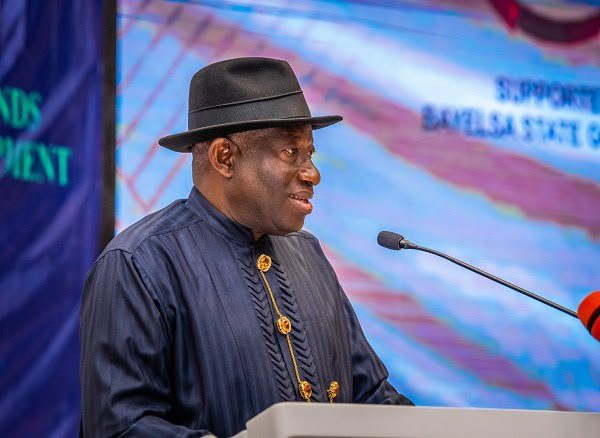

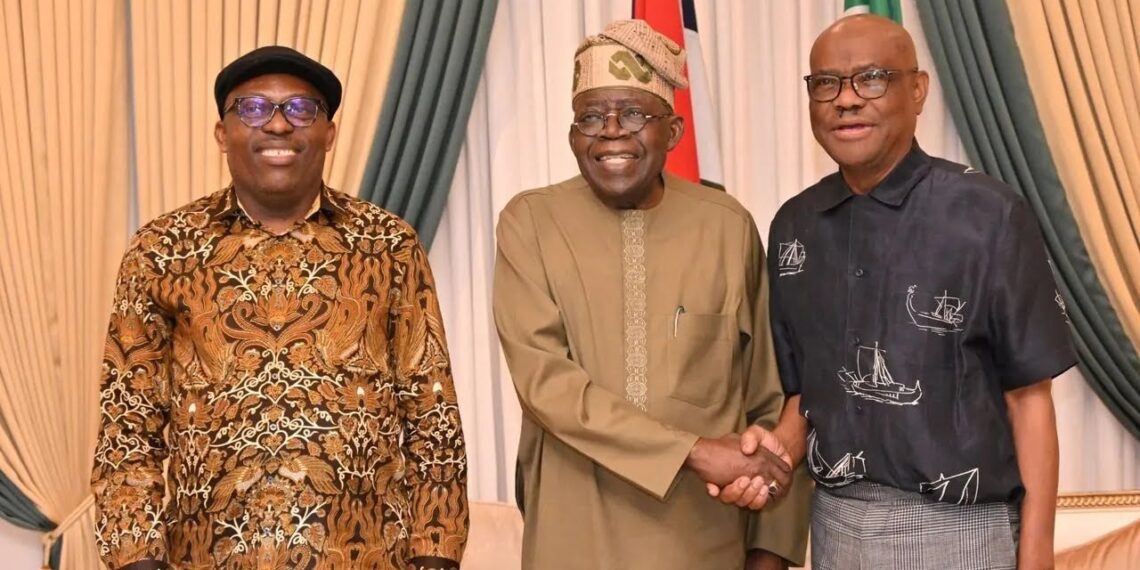


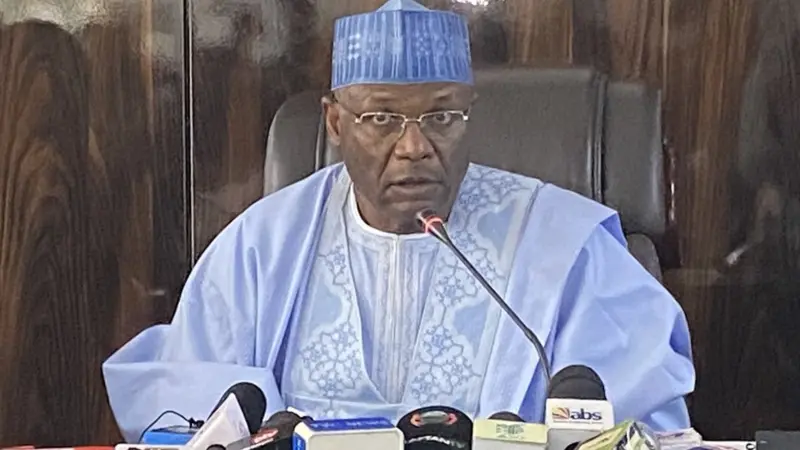
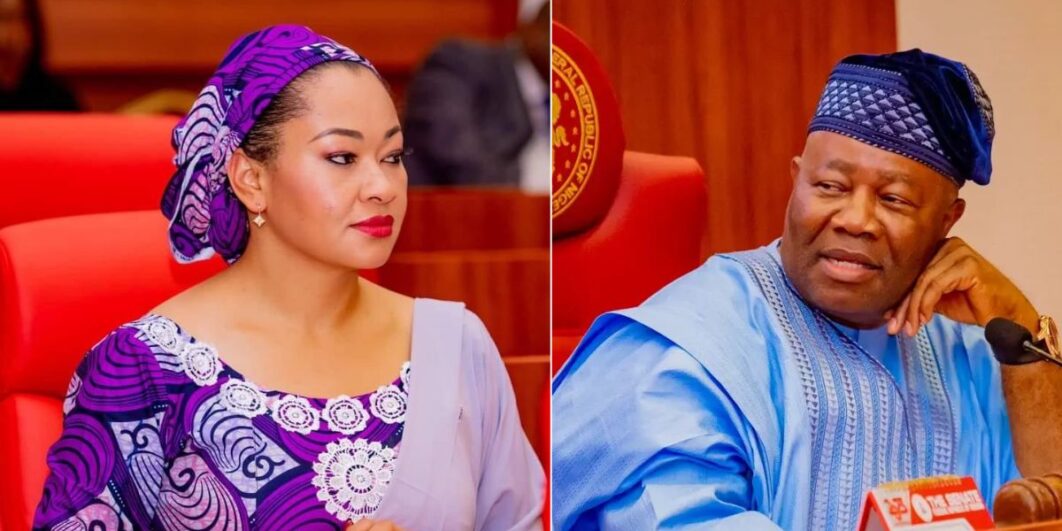
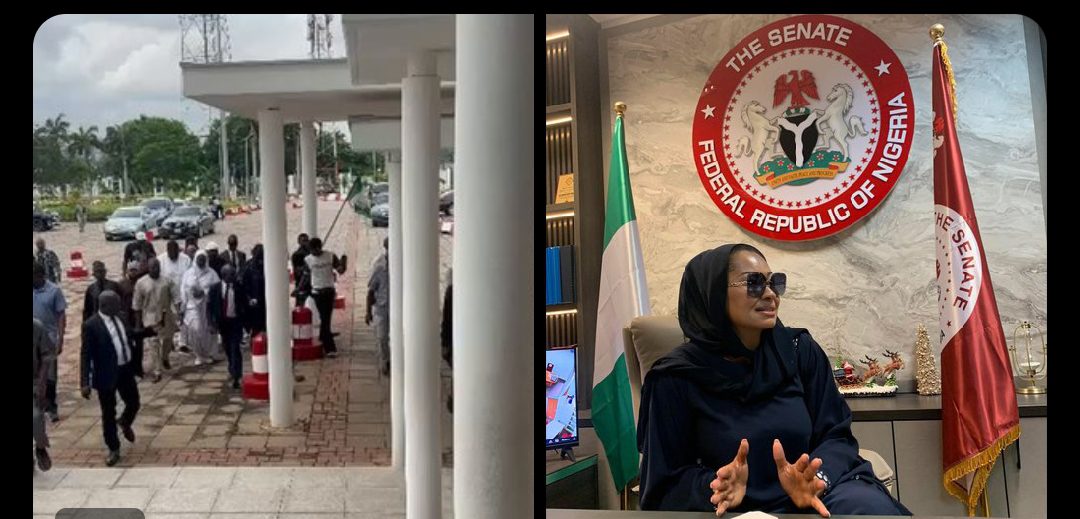
![[Extra] Gen Z teens Now Less Rebellious, More Depressed](https://ideemlawful.com/wp-content/uploads/2025/09/rebellious-kids-75x75.jpg)
